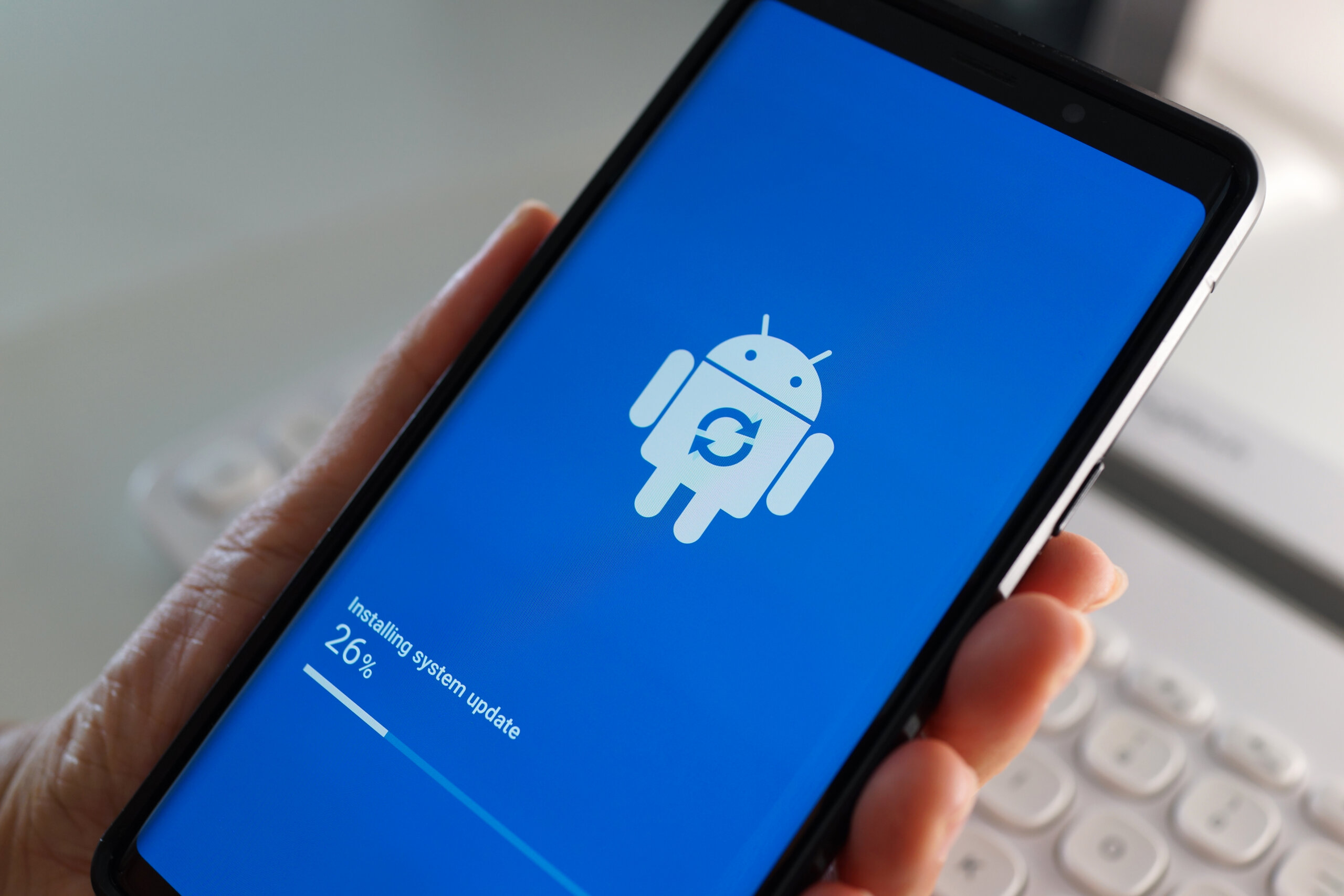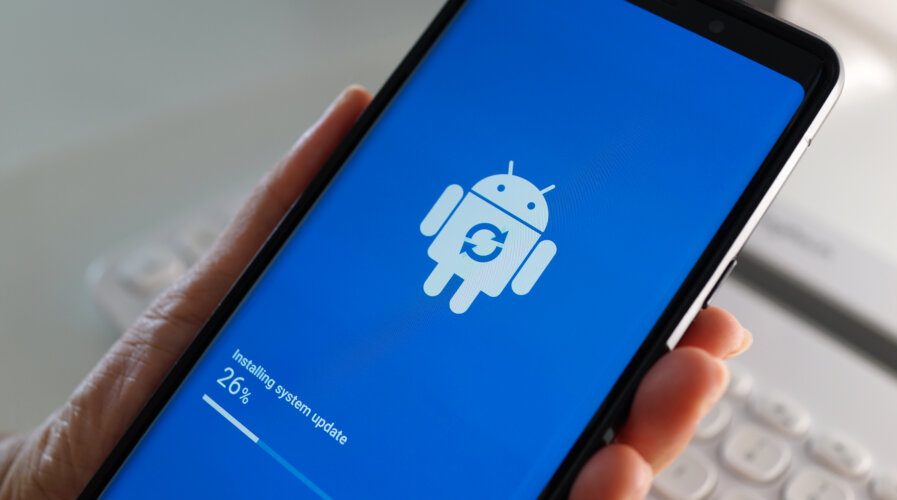Over 400 million Android users at risk as dangerous malware found in 101 apps: Check full list and delete now
By Divya Bhati: Researchers have flagged a new highly dangerous malware that has infected more than 100 apps on Google Play Store. Security researchers at Dr. Web, with BleepingComputer have discovered a new spyware called ‘SpinOK’ which has infected over 100 android applications available for download. What makes the situation more concerning is that these apps have been downloaded 421,290,300 times and this puts a significant number of Android users at risk of cyber threat.
While Google has been informed about the issues and reportedly removed the apps, researchers have advised users to delete these apps, take precautions, and refrain from downloading any similar apps in the future.
What is SpinOK malware
Revealing more about ‘SpinOK’, the study cites that this trojan malware disguises itself as an advertisement SDK and appears to be legitimate by offering mini-games with daily rewards to attract users. However, once downloaded, the malware steals private data stored on users’ devices and sends it to a remote server. The report further reveals that the infected apps had varying levels of malicious content, with some still containing harmful software, while others had specific versions or were completely removed from the store.
“On the surface, the SpinOk module is designed to maintain users’ interest in apps with the help of mini-games, a system of tasks, and alleged prizes and reward drawings,” the report by Doctor Web reveals.
Delete these Android apps
Here is the list of top 10 apps which are infected with malware:
- Noizz- video editor with music (at least 100,000,000 downloads).
- Zapya – File Transfer, Share (at least 100,000,000 downloads ; the trojan module was present in version 6.3.3 to version 6.4 and is no longer present in current version 6.4.1).
- VFly: video editor&video maker (at least 50,000,000 downloads).
- MVBit – MV video status maker (at least 50,000,000 downloads).
- Biugo – video maker&video editor (at least 50,000,000 downloads).
- Crazy Drop (at least 10,000,000 downloads).
- Cashzine – Earn money reward (at least 10,000,000 downloads).
- Fizzo Novel – Reading Offline (at least 10,000,000 downloads).
- CashEM: Get Rewards (at least 5,000,000 downloads).
- Tick: watch to earn…




